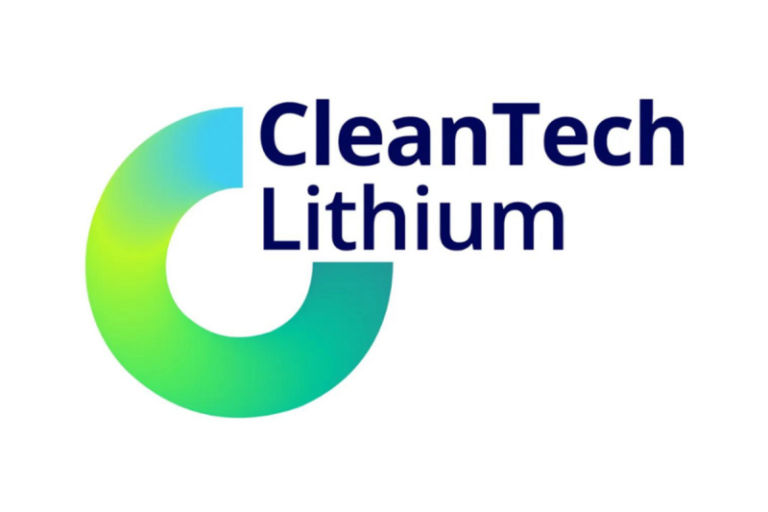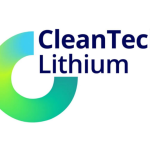The Indigenous Community Leader’s Endorsement of Laguna Verde Project and Its Implications
The recent public endorsement by an Indigenous community leader of the Laguna Verde project at a key mining seminar in Santiago, Chile has sparked both excitement and controversy within the indigenous and environmentalist communities. The project, which aims to extract valuable minerals from the Laguna Verde area, has been met with mixed reactions due to its potential impact on the environment and indigenous lands.
The endorsement by the community leader is seen as a significant shift in attitudes towards mining projects within indigenous communities. Historically, indigenous communities in Chile have been wary of mining projects due to concerns about environmental degradation, loss of traditional lands, and negative impacts on their way of life. However, the endorsement of the Laguna Verde project signifies a willingness to engage with the mining industry and seek opportunities for economic development and partnership.
The community leader’s endorsement is seen as a step towards reconciliation and collaboration between the mining industry and indigenous communities. By publicly supporting the Laguna Verde project, the community leader is signaling a desire to work closely with mining companies to ensure that indigenous rights are respected, environmental impacts are mitigated, and economic benefits are shared equitably.
The endorsement has also raised questions about the role of indigenous leaders in decision-making processes related to resource extraction projects. Some critics argue that the endorsement may not truly reflect the views of the entire indigenous community and that more consultation and engagement is needed to ensure that the community’s interests are adequately represented.
In response to these criticisms, the mining company behind the Laguna Verde project has committed to ongoing dialogue with the indigenous community and has pledged to incorporate the community’s feedback into project planning and implementation. This commitment to consultation and engagement is seen as a positive step towards building trust and fostering a more collaborative relationship between the mining industry and indigenous communities.
Despite the controversies surrounding the endorsement, the Laguna Verde project represents an opportunity for economic development and job creation in the region. The project is expected to generate significant revenue and create jobs for both indigenous and non-indigenous community members, providing much-needed economic opportunities in an area that has historically struggled with poverty and unemployment.
In conclusion, the public endorsement of the Laguna Verde project by an indigenous community leader represents a significant development in the ongoing debate around resource extraction projects in Chile. While the endorsement has sparked controversy and raised important questions about indigenous consultation and participation, it also offers a potential pathway towards greater collaboration, economic development, and sustainable resource management in the region. The true test will lie in how the mining industry and indigenous communities navigate the complexities of balancing economic development with environmental and cultural preservation in the years to come.



